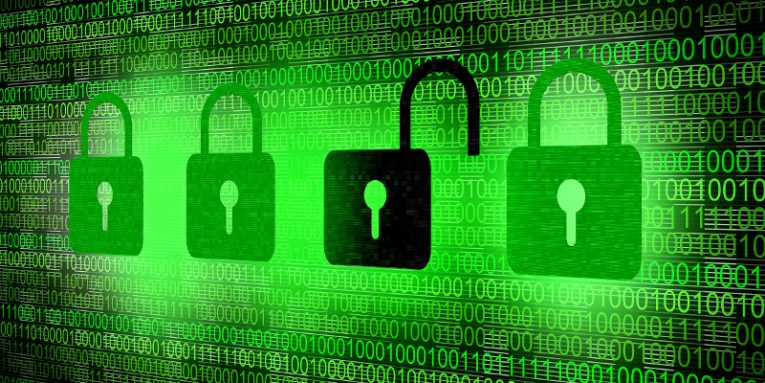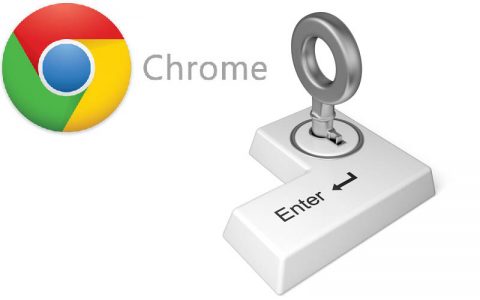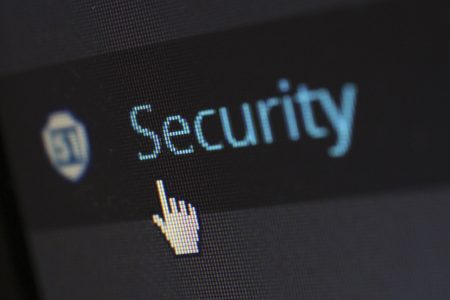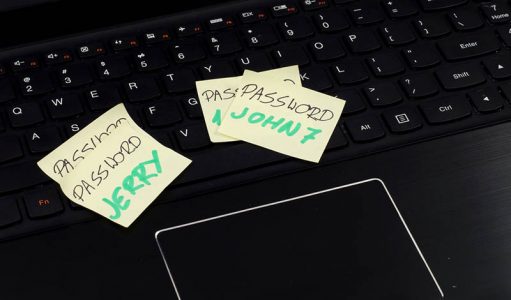Passwords Aren't Going Anywhere, so You Might as Well Make Them Strong

In a recent blog post detailing the things Microsoft has done in the field of cybersecurity, Rob Lefferts, the company's Corporate Vice President of Security, rather boldly announced that the password era has come to an end. To the people who have been following Microsoft closely, this should sound pretty familiar.
Let's do a little experiment: go to Google and search for "Microsoft kills off passwords" (without the quotes). As you can see, over the years, the Redmond giant has said time and again that the end is nigh for the humble password. In fact, Bill Gates predicted its demise way back in 2004.
So, did any of these forecasts come into fruition? Before we get to that, let's see if we can find out why Microsoft is so determined to defeat the password.
Table of Contents
Human beings and passwords don’t mix
Life as we know it wouldn't be possible without passwords. They ensure that the right people have access to the right data, which is very important now when many criminals are prepared to go to great lengths in order to get their hands on the said data.
Because there are so many criminals, and because virtually all of us use passwords, the task of managing the pesky things becomes incredibly difficult. The crooks have powerful hardware and complex password cracking tools at their disposal which means that it's now easier than ever to break into somebody else's online account, especially if it's protected by a short, simple password.
The trouble is, some people find creating a properly strong, complex password extremely difficult, and for most, remembering it is even harder. Then you have to take into account data breaches. Considering the number of login credentials that get compromised every day, the likelihood of your password ending up exposed sometime in the future is pretty high. In order to protect the rest of your accounts, you need to make sure that you don't reuse passwords. And if remembering one complex password is hard, remembering many unique complex passwords should be downright impossible.
Microsoft, as well as a few other Silicon Valley behemoths, have rightly seen that people can't handle all this which is why they've been waging war on passwords for a while now. Let's see if they can win it.
Does biometrics hold the answer?
Decades ago, the password was chosen as the best authentication mechanism because it provided what was then considered to be a decent blend of security and convenience. Now that this is no longer the case, biometrics should, in theory, be the perfect replacement.
For one, you can't guess or brute-force biometric data which immediately puts this system ahead of the traditional one. And you can't deny that touching a scanner or looking at a camera is far easier than remembering and typing hundreds of different passwords. So, have we finally found an alternative that could rid the world of passwords?
IBM introduced fingerprint scanners in mainstream laptops way back in 2004, and since then, the number of devices featuring finger and face recognition technology has been growing at a rather rapid rate. At first, biometric authentication was reserved for the flagship models only, but right now, you can find it on mid-to-low range devices as well. Based on all this, you might conclude that while it's not dead yet, the password will disappear very soon. Let's not get carried away.
We’re not quite there yet
While people are happy about the convenience of unlocking devices with their fingers or faces, the vendors still don't fully trust the relatively new system. They won't let you use biometric authentication unless you have a password or a PIN as a backup, and there are a couple of good reasons for this.
There are some practical and security questions that biometrics just can't answer at the moment. Software vendors have yet to find a way of making the system work for the online accounts that we access through our browsers, and for the majority of users, this is where passwords are employed the most. Although many people prefer not to even think about it, we also have the gruesome possibility of damaging your finger or even face in a way that would make authentication impossible. And there is, of course, the fact that like passwords, biometric data can be stolen. Unlike passwords, however, it can't be reset.
While biometric authentication has some distinct advantages over the traditional methods, it's still not reliable enough, and there's no telling if it will ever be. For now, you're very much stuck with the good old username and password combination, and you might as well think about improving the way you deal with your login credentials.
Click here to learn more about how Cyclonis Password Manager can help you do that.








